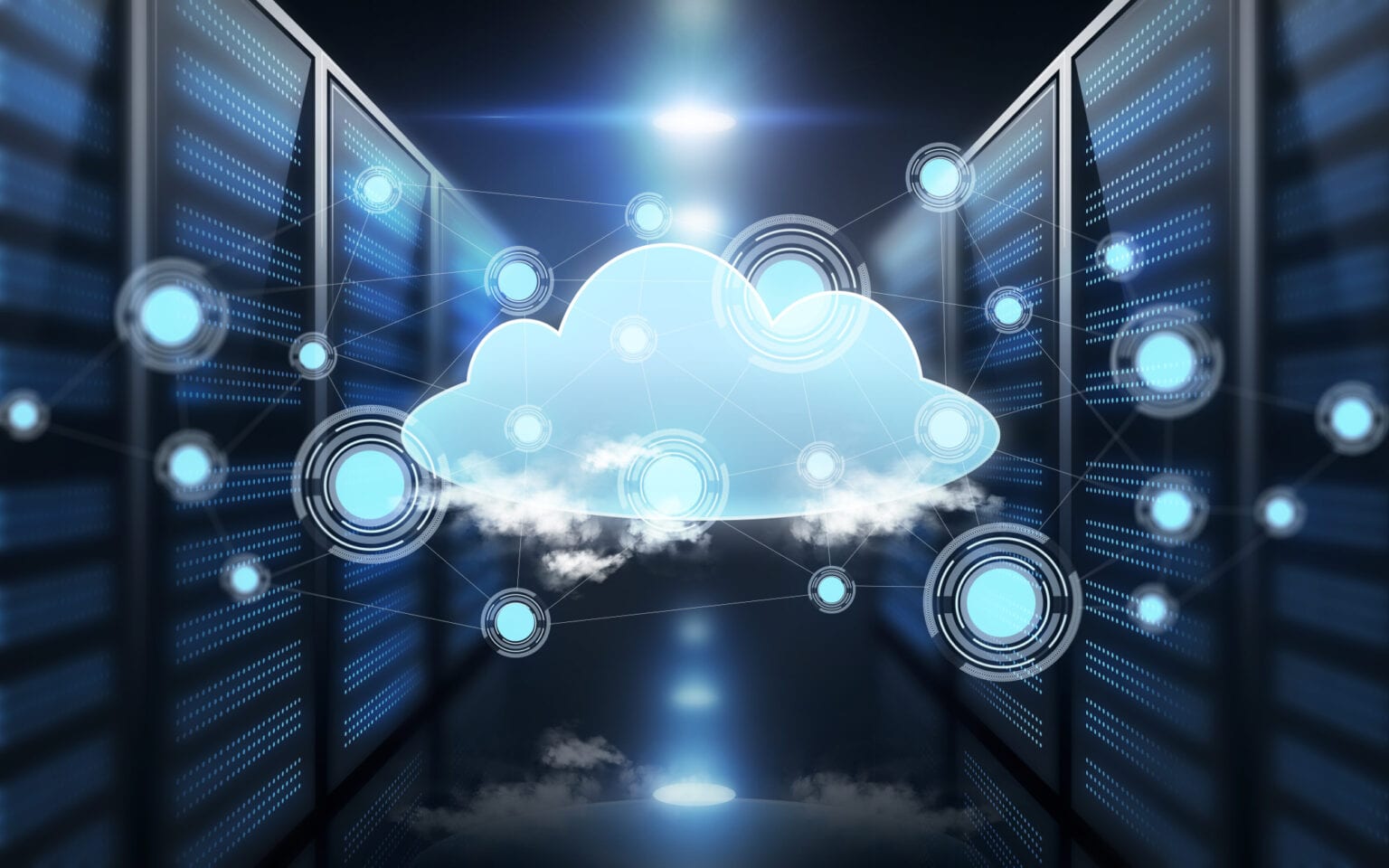In today’s digital age, cybersecurity threats are more prevalent than ever. With cybercriminals employing increasingly sophisticated tactics to gain unauthorized access to sensitive information, it’s essential for individuals and businesses alike to prioritize cybersecurity measures. While using strong and complex passwords is a critical aspect of protecting accounts and data, it’s not enough on its own. In this blog post, we’ll explore why relying solely on strong passwords is insufficient and why multi-factor authentication (MFA) is essential for bolstering security.
The Limitations of Strong Passwords:
Using strong and complex passwords is undoubtedly important. A strong password typically includes a combination of uppercase and lowercase letters, numbers, and special characters, making it more difficult for hackers to guess or crack through brute force attacks. However, even the strongest password is not immune to security breaches. There are several reasons why relying solely on passwords is risky:
1. Human Error: No matter how strong a password may be, it is still susceptible to human error. Users may inadvertently choose weak passwords, reuse passwords across multiple accounts, or fall victim to phishing attacks that compromise their credentials.
2. Password Theft: Cybercriminals employ various tactics to steal passwords, including phishing scams, malware infections, and data breaches. Once a password is compromised, attackers can gain unauthorized access to accounts and sensitive information.
3. Password Cracking Techniques: Despite the use of strong passwords, determined hackers can employ sophisticated techniques to crack passwords, such as brute force attacks, dictionary attacks, and rainbow table attacks.
4. Credential Stuffing: In cases where users reuse passwords across multiple accounts, cybercriminals can exploit compromised credentials from one platform to gain access to other accounts, a tactic known as credential stuffing.
The Importance of Multi-Factor Authentication (MFA):
Multi-factor authentication (MFA) provides an additional layer of security beyond passwords by requiring users to verify their identity using multiple factors. Typically, MFA combines something the user knows (password), something they have (such as a mobile device or hardware token), and/or something they are (biometric authentication like fingerprint or facial recognition). Here’s why MFA is crucial:
1. Enhanced Security: MFA significantly reduces the risk of unauthorized access by adding an extra layer of verification beyond passwords. Even if a password is compromised, an attacker would still need access to the second factor to gain entry.
2. Protection Against Phishing: MFA helps mitigate the risk of falling victim to phishing attacks. Even if a user unwittingly divulges their password in a phishing scam, the attacker would still be unable to access the account without the second factor.
3. Securing Remote Access: In an era of remote work and mobile devices, MFA is essential for securing access to sensitive systems and data from remote locations. It ensures that only authorized users can access critical resources, regardless of their location.
4. Compliance Requirements: Many regulatory frameworks and industry standards require the implementation of MFA as part of a comprehensive security strategy. Adhering to these requirements helps organizations avoid penalties and demonstrate compliance with security regulations.
Conclusion:
While using strong and complex passwords is an important security practice, it’s not sufficient on its own to protect against modern cybersecurity threats. Multi-factor authentication (MFA) provides an additional layer of security that significantly enhances protection against unauthorized access and data breaches. By implementing MFA alongside strong password policies, organizations can better safeguard their accounts, systems, and sensitive information against cyber threats. Don’t wait until it’s too late—prioritize MFA to bolster your cybersecurity defenses today.
